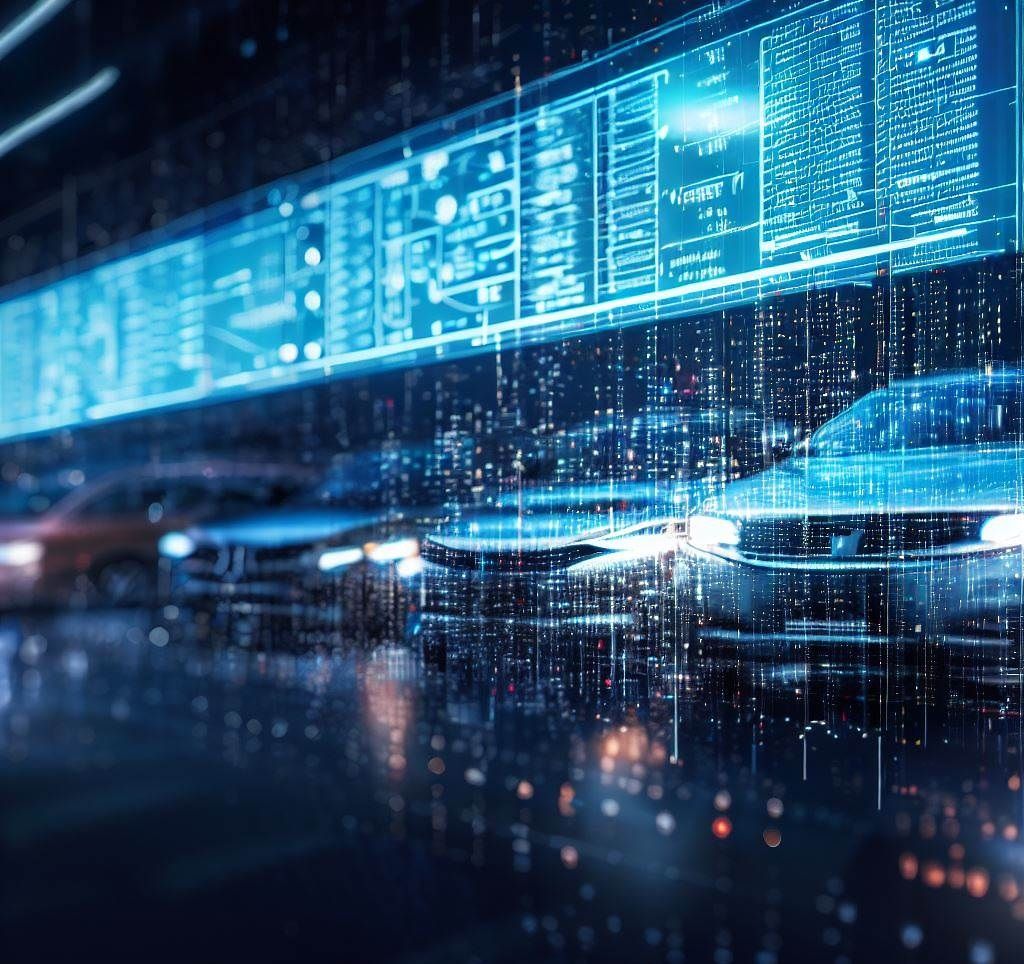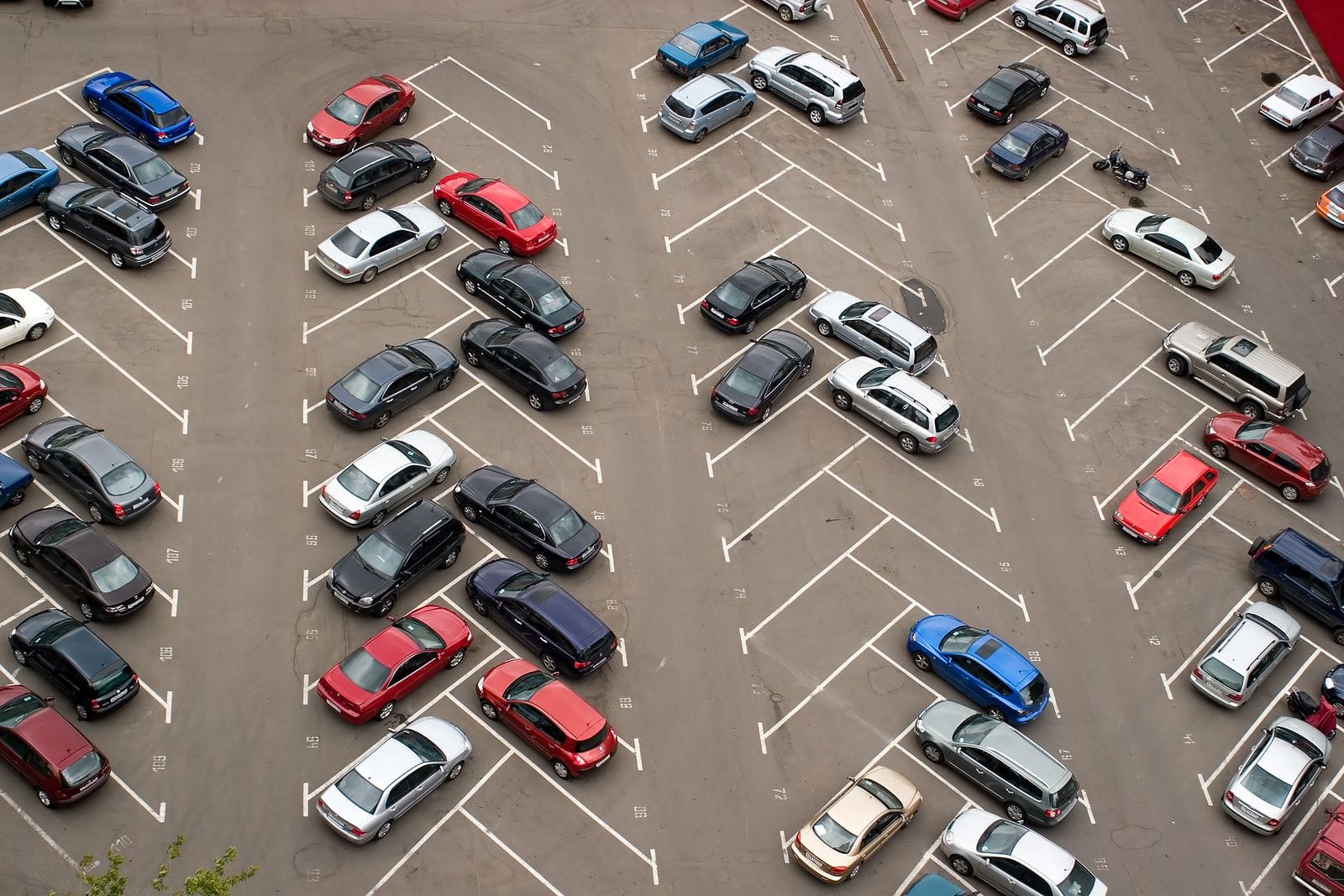In the fast-paced and ever-changing landscape of urbanization, our parking practices have witnessed a radical transformation. Traditional parking systems, characterized by frustrating searches for elusive parking spots, are swiftly being replaced by smart parking systems that leverage the power of technology to optimize efficiency, convenience, and sustainability. As a seasoned researcher with more than five years of experience in this field, I have had the privilege of witnessing the remarkable evolution of smart parking systems and can confidently assert that the future contains even greater transformative potential.
The Evolution of Smart Parking Systems
Prior to one decade ago, smart parking systems were in their infancy. The integration of technology into parking management consisted primarily of automated payment and ticketing devices. As the world embraced the digital revolution, the potential for technology to transform the parking experience became apparent. Internet of Things (IoT) sensors that provide real-time data on parking space availability have become a game-changer. Positioned strategically throughout parking facilities, these sensors transmit data to centralized systems, allowing users to access up-to-the-minute information on available spaces.
Real-time Data - The Driving Force
Real-time data are the basis of smart parking systems. Smart parking systems equip drivers with accurate, actionable data, as opposed to their conventional counterparts, which rely on obsolete information and conjecture. Integrated seamlessly with these systems, mobile applications provide real-time availability information, facilitate reservations, and provide cashless payment options. This data-driven strategy not only saves drivers valuable time, but also reduces the environmental impact of unnecessary loitering and circling, contributing to a more sustainable urban environment.

AI and Machine Learning – Predictive Insights
Smart parking systems have reached new heights due to the convergence of artificial intelligence and machine learning. Data from the past and the present are analyzed by machine learning algorithms to forecast parking demand patterns. This predictive capability enables operators to anticipate peak usage periods and more efficiently allocate resources. Moreover, AI-powered optimization algorithms assist in dynamically modifying parking prices based on demand, thereby incentivizing users to choose off-peak parking hours and spaces. Many dimensions of smart parking system where AI and ML can be applied are automated license plate recognition / automatic vehicle identification, real-time parking occupancy and availability, predictions and forecasts on the parking occupancy rate, and dynamic pricing. The AI based smart parking solution can be found at https://parkingtelecom.com/en/ai-based-smart-parking-solutions/.

Automation and Robotics – Redefining Convenience
The automation of parking systems has emerged as a central motif in their evolution. Utilizing robotics and mechanized platforms, automated parking structures provide a futuristic solution to urban space constraints. These systems park and retrieve vehicles with minimal human intervention, maximizing available space utilization. As the prevalence of autonomous vehicles increases, automated parking systems will incorporate seamlessly with self-driving cars, streamlining the parking process and enhancing urban mobility overall. The automated smart parking system offers numerous advantages, including better space utilization – more parking spaces within the same volume of garage, greater convenience and a better parking experience for users, increased safety and security for individuals and their vehicles, the highest throughput and quickest retrieval of multiple cars in the industry, and true redundancy and reliability to ensure that cars can always be stored and retrieved. Some of the remarkable works are done in this industry by Robotic Parking (https://www.roboticparking.com/).

Integration with Smart Cities – A Holistic Approach
The future of parking systems will encompass multiple facilities. Smart parking is an integral component of smart city initiatives that seek to optimize the city as a whole. Parking system data can be utilized to manage traffic flow, optimize public transportation routes, and influence urban planning. The symbiotic relationship between smart parking systems and smart cities highlights the interdependence of urban functions and the potential of technology to create a harmonious urban ecosystem.

Sustainability – Paving the Green Path
As environmental concerns assume center stage; smart parking systems are rising to the occasion to support sustainability initiatives. These systems reduce emissions of greenhouse gases and air pollution by reducing unnecessary travel. In addition, some smart parking systems include charging stations for electric vehicles (EVs) and preferential parking for eco-friendly vehicles. These incentives not only encourage the adoption of cleaner modes of transportation, but also position parking garages as centers of sustainable innovation. More details in the direction of making smart parking more sustainable can be found at https://smartparkingsystems.com/en/management-of-charging-stations-for-electric-cars/.

Challenges and Considerations
Smart parking systems have enormous potential, but their implementation is not without obstacles. Data security and privacy are crucial concerns, necessitating robust encryption and protections from cyber threats. Moreover, seamless integration with diverse transportation systems and user adoption continues to be ongoing obstacles. Collaboration between technology providers, urban planners, policymakers, and the general public will be required to navigate these complexities and ensure successful implementation as technology continues to evolve.
The Road Ahead - Anticipating Tomorrow's Parking Systems
When viewed from the perspective of the future, the trajectory of parking systems is captivating. The imminent deployment of 5G technology is expected to transform data exchange between parking facilities, vehicles, and users. This ultra-fast and low-latency connectivity will allow for immediate updates on parking availability, real-time adjustments to navigation, and enhanced user experiences.
Self-driving cars are poised to alter the parking landscape. These autonomous vehicles can drop off passengers and then seek for parking on their own, reducing the need for large parking lots near destinations. This change will create new opportunities for urban design, including the transformation of parking lots into green spaces, community centers, and additional infrastructure.
In conclusion, the future of parking system technology and urban planning is optimistic. As an experienced researcher in this field, I am thrilled to observe the continued development of smart parking systems. The integration of IoT, AI, automation, and sustainability principles creates a picture of cities in which parking is seamlessly woven into daily life. With obstacles to surmount and innovations on the horizon, the journey toward smarter, more efficient, and user-centric parking solutions will unfold in ways we can only envision.







Comments